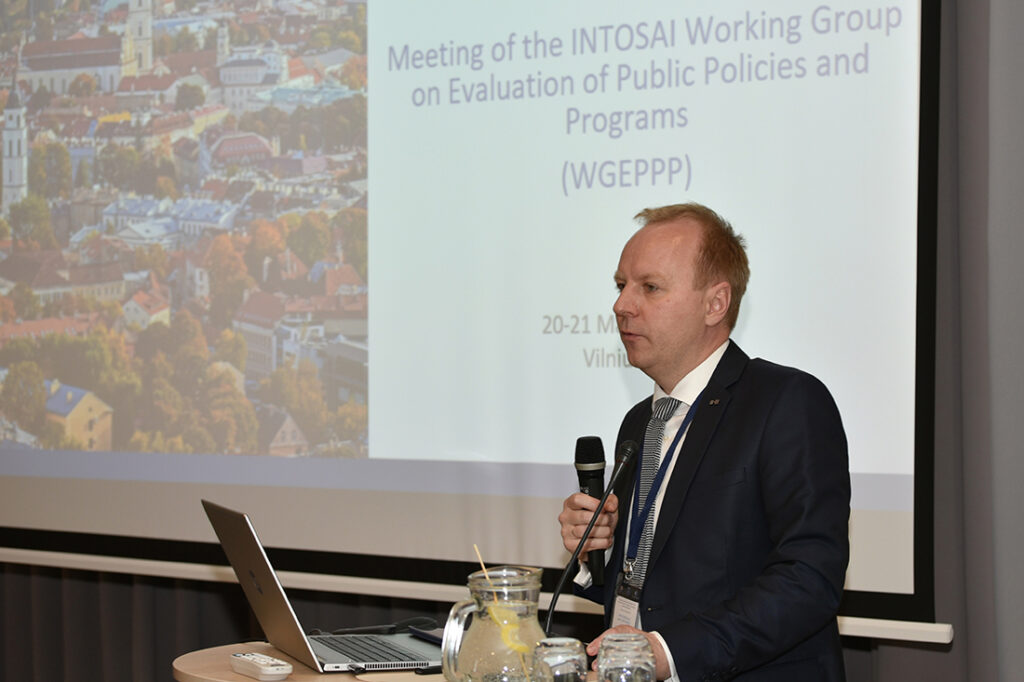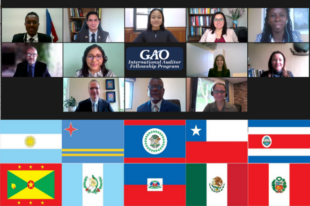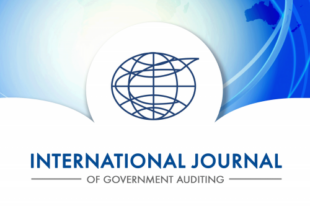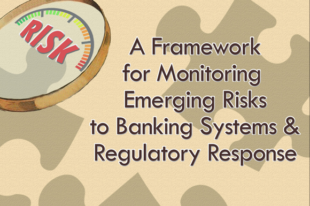Working Group on Evaluation of Public Policies and Programs Meets in Lithuania
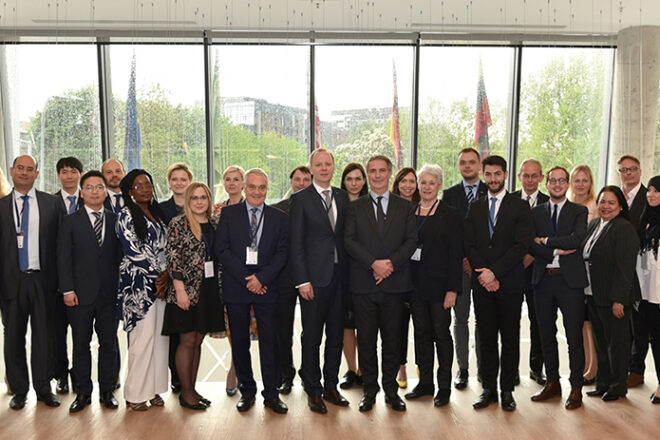
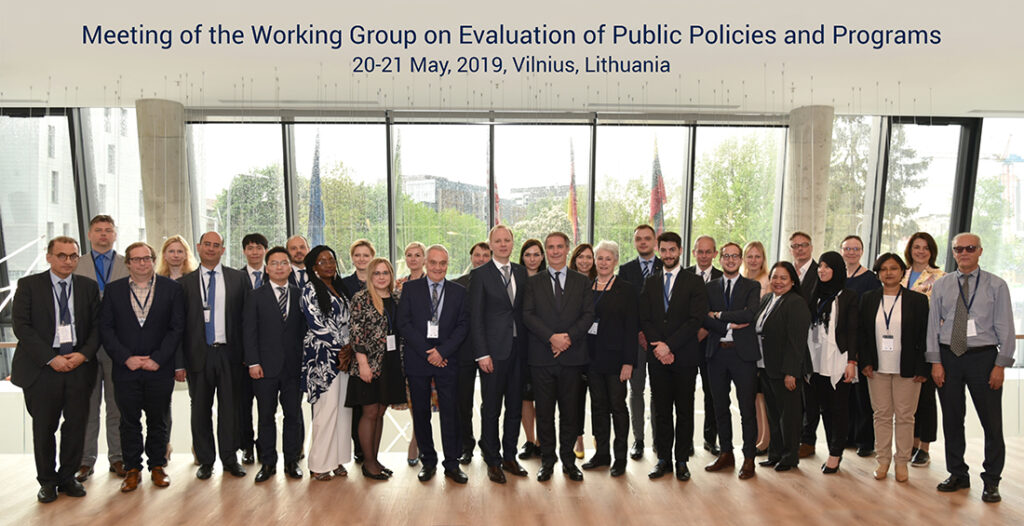
The International Organization of Supreme Audit Institutions (INTOSAI) Working Group on Evaluation of Public Policies and Programs (WGEPPP) met in Vilnius, Lithuania, May 20-21, 2019. This is the first time the WGEPPP—whose aim is to help SAIs conduct evaluations by exchanging experiences and best practices—has met outside of Paris since its creation in 1992.
The meeting was co-organized by the Cour des Comptes of France, WGEPPP chair, and the National Audit Office of Lithuania (NAOL), this year’s host. Chaired by Rémi Frentz on behalf of the French First President, Didier Migaud, the meeting drew more than 30 participants from 16 SAIs around the world, including Africa, Asia, Europe and North America. Colleagues from the INTOSAI Performance Audit Subcommittee and the Organization for Economic Cooperation and Development (OECD) also attended the meeting.
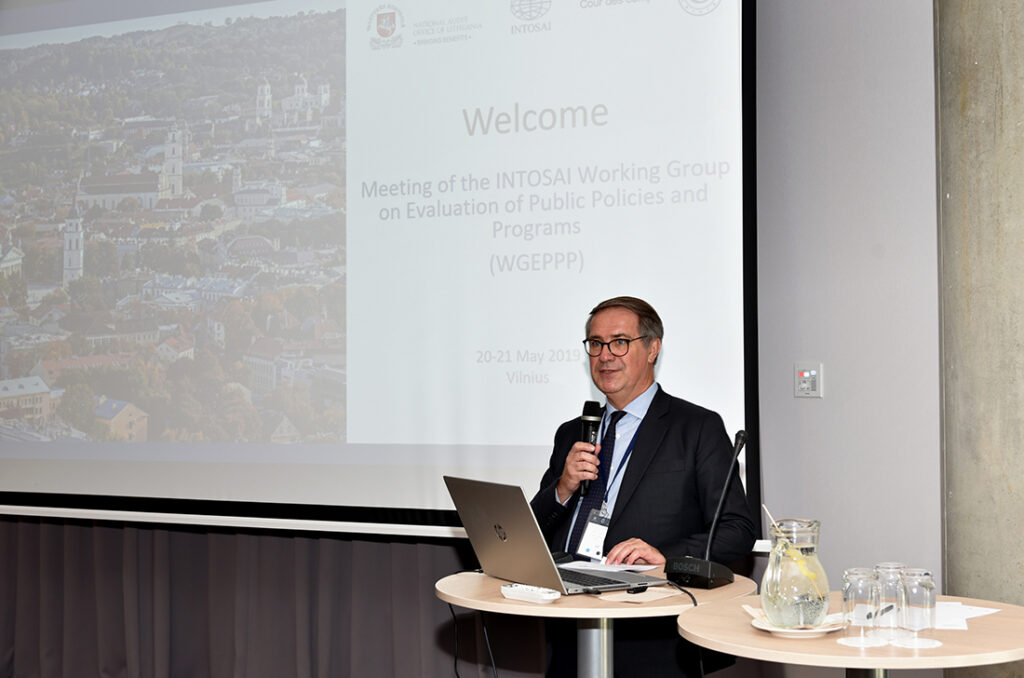
The meeting focused on three main topics:
• Implementing INTOSAI Guidelines on the Evaluation of Public Policies (GOV 9400, soon to be called the GUID 9030). Nicolas Brunner introduced the results of a French Cour des Comptes’ survey targeting WGEPPP member-SAIs implementing the guidelines. Survey responses indicated some SAIs have already undertaken the evaluation process—either by conducting evaluations or performance audits with an evaluative scope. The survey also found that SAIs used the guidelines as a framework in both situations.
• Using Qualitative Tools to Perform Evaluations and Involving Stakeholders in the Evaluation Process. Clément Lacouette-Fougère, French Intergovernmental Department of Public Transformation, presented on qualitative approach methodologies, benefits and challenges in assessing public policy. Erki Must, European Court of Auditors, provided an overview of evaluation techniques used in a recent audit on passengers’ rights in the European Union (EU). Emmanuel Sangra, Switzerland’s Contrôle Fédéral des Finances, described the Swiss practice of involving stakeholders in the evaluation process, citing an example where Swiss public policy provided assistance to deaf people, while Benjamin Bolitzer, representing the U.S. Government Accountability Office, shared insight on stakeholders’ participation in an evaluation advanced technologies effects on the workforce. The NAOL also contributed by sharing results from the office’s first-time assessment of the state budget governance’s maturity.
• Case Studies Involving the Evaluation of Public Housing Policies. An aim of the meeting was to delve deeper into actual public policy evaluations, and participants discussed three specific case studies: Philippe Hayez from the French Cour des Comptes provided his experience conducting an evaluation of public housing policy; Cristian Pettinari from the Italian Corte dei Conti discussed Italian sanitary housing and building policies; and Faouzi Khellili and Hdjira Boukhari from Algeria’s Cour des Comptes spoke about new projects to evaluate perinatology policy.
In addition, Stephane Jacobzone, OECD, discussed the inclusion of public policy evaluation results in government decision-making processes.
All meeting presentations, agenda, summary of decisions and speeches are available online.
